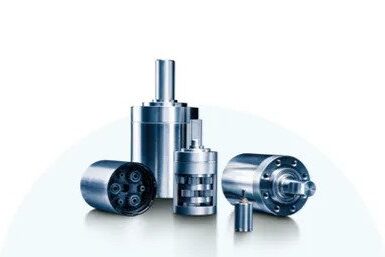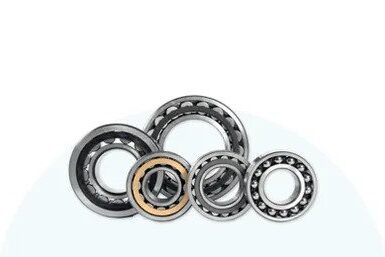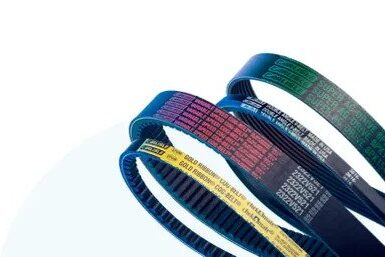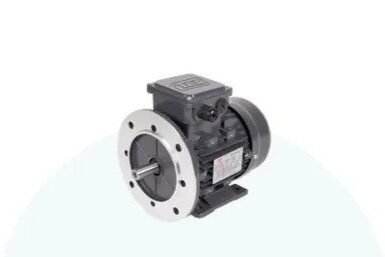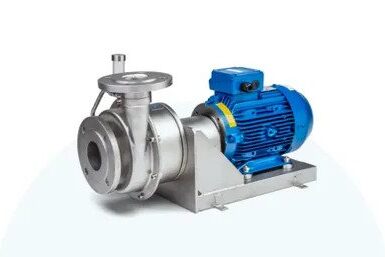Electric Motors
Electric motors are essential electromechanical devices that convert electrical energy into mechanical energy for various applications, including machinery, appliances, and transportation systems. They operate based on the interaction between an electric current and a magnetic field, which generates motion. Different electric motor types are available, such as direct current (DC) motors, alternating current (AC) motors, stepper motors, and servo motors, each offering unique features and advantages. In scientific and engineering contexts, selecting the appropriate electric motor is crucial for achieving optimal performance, efficiency, and reliability, while factors such as power requirements, torque, speed, and environmental conditions must be considered. Proper maintenance and monitoring of electric motors are essential for maximizing their lifespan and performance, while advancements in materials and manufacturing technologies continue to improve their capabilities and performance.
